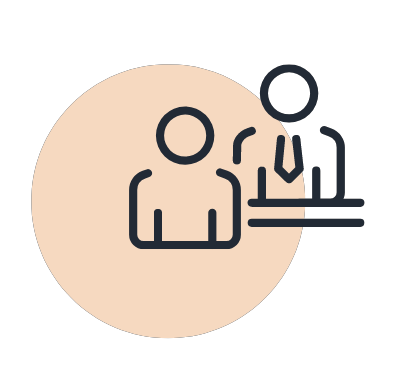Importance of Transaction Management of Company Operation
Rubbish in, rubbish out. Proper transaction management ensures:
- Each transaction is fully completed and recorded – Revenue, Purchases, Expenses, Payments etc
- Accurate financial records
- Enable you to analyze your numbers further to identify discrepancies, overpayments or underpayments, reasons for business losses, and more
Use tools that provide consistent state even during system failure. Cloud systems apply ACID Properties (Atomicity, Consistency, Isolation, Durability) to ensure data integrity.
Using Cloud-Based Accounting Software
Cloud accounting systems like Xero or Bukku automate the accounting process, ensuring data is securely stored and accessible from anywhere. They simplify:
- Income statement generation
- Transaction categorization and transaction management
- Bank reconciliation
- Reports for analysis
You may engage professional services from Cloud Accounting Software implementation partner to ensure your setup is properly completed and supported.
Recommended Tools: Xero | Bukku
Recording Financial Transactions and Reports
Your accounting system must record every transaction in business operation—sales, expenses, salaries, purchases, payments—accurately.
Best Practices:
- Reconcile accounts data monthly
- Match formal payment records with bank statements
- Categorize expenses and assets properly
Understanding Basic Accounting Principles
Every business should know these:
- Accounting rules define how to treat assets, liabilities, and income for your business operation
- Accounting principles ensure consistency and transparency
- Learn to prepare Income Statements and monitor resources or expenses incurred
Types of Business Structures in Malaysia
Common Structures:
- Sole Proprietorship
- Partnership
- Private Limited Company (Sdn Bhd)
- Limited Liabilities Partnership (LLP)
Different companies structures impact:
- Taxation
- Record-keeping
- Reporting obligations
We would recommend registering for Sdn Bhd or LLP due to the benefits of limited liability for business owners. Although you might spend more money compared to incorporating a Sole Proprietorship or Partnership, Sdn Bhd or LLP is a better business structure for multiple shareholders, shareholder protection, bank loan applications, and creating a first impression of business trustworthiness.
For Sdn Bhd or LLP, you may engage a Licensed Company Secretary to provide secretarial services in handling certain submissions to Suruhanjaya Syarikat Malaysia (SSM).



